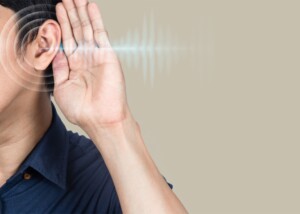
Can TMJ disorder occur in young children?
And if so, what is the youngest age that temporomandibular joint disorder can develop?
“TMJ disorders mainly occur in adults but can occur in very young children as well,” says Brijesh Chandwani, DMD, BDS, Diplomate, American Board of Orofacial Pain, with Connecticut & NY TMJ.
“Teeth grinding is very common in young children, and signs of TMJ disorder does not signify a pathology,” continues Dr. Chandwani.
“Children usually stop grinding their teeth by teenage years; teeth grinding could be a response to eruption and falling of teeth (baby teeth eruption followed by their fall and eruption of permanent teeth).
“Jaw clicking is also common during growth spurts (11-14 years of age); it could actually mean part of growth and development.
“The ligaments of the body tend to loosen up during growing periods to accommodate for growing structures, which in turn can cause temporary joint issues (pain or clicking or cracking or locking).
“I recently saw a nine year old girl suffering from TMJ disorders since several months; despite suffering from jaw symptoms for a long time, she responded very well to one session of acupuncture and jaw exercises (to be done at home for two weeks).
“Symptoms that should warrant a consultation with a pediatric dentist or orofacial pain specialist: sharp pain, trouble moving the jaw (jaw locking), difficulty eating.
“It should be noted that mouth guards are often not indicated in children, as they have the potential of restricting jaw growth and causing undesirable changes in the bites.”
Restricting Jaw Growth Can Lead to Obstructive Sleep Apnea
People with a small or underdeveloped jaw are more likely to have obstructive sleep apnea, even if they are not overweight.
To encourage optimal jaw growth and a strong mandible in your children, give them plenty of snacks that require a lot of mastication (chewing): raw celery, carrots, cauliflower, radishes and leafy greens.
A variety of nuts will also give the jaw a good workout: peanuts, cashews, almonds, walnuts, etc.
But don’t feed them processed foods such as peanut brittle, chocolate coated peanuts, tortilla chips, pretzels or crackers for this purpose!









































